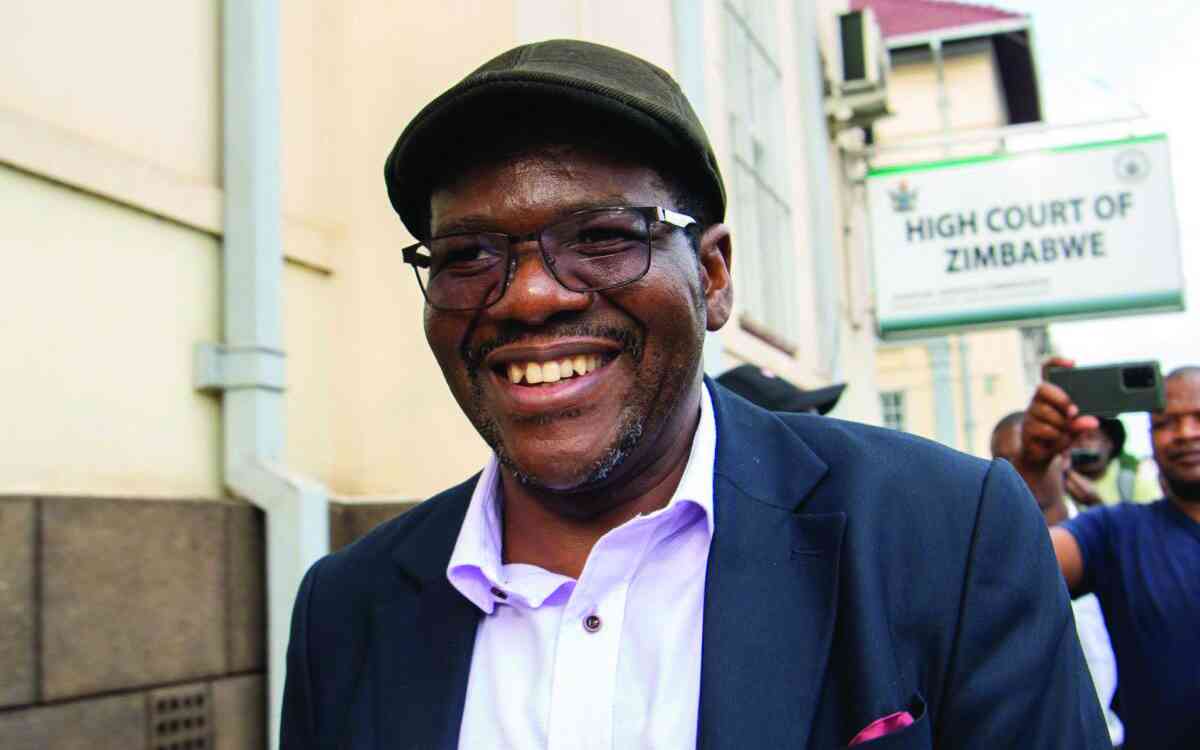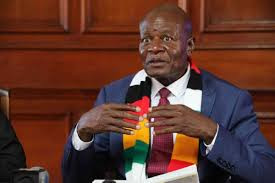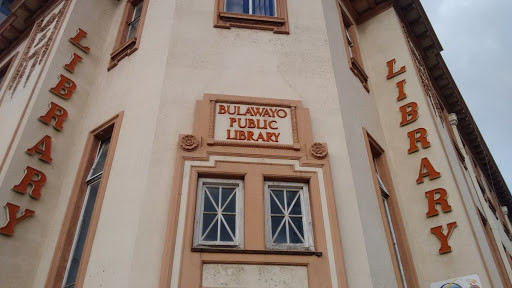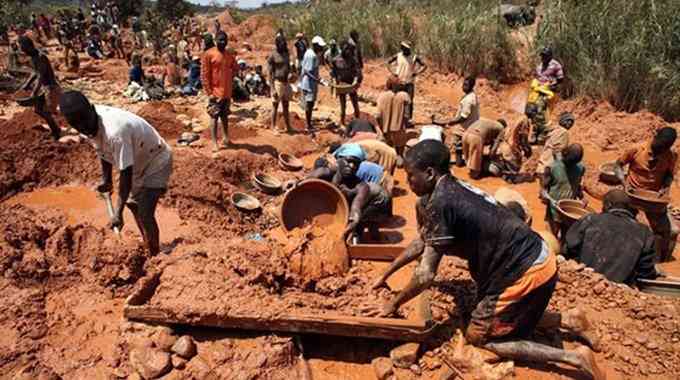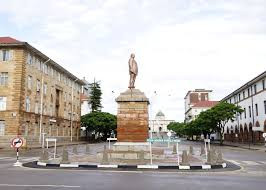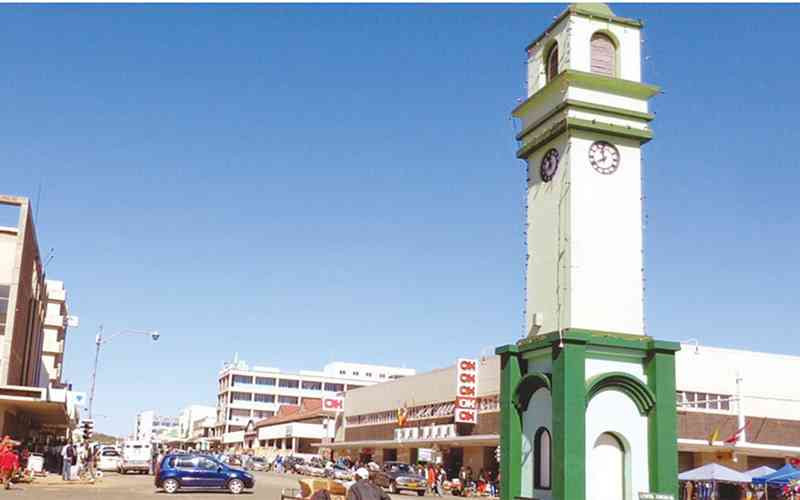
Gweru, the Midlands capital once celebrated as Zimbabwe’s “City of Progress”, is fast becoming a city of broken pipes, darkened streets and pothole-ridden roads.
At the centre of this decline lies an uncomfortable truth — Gweru is still running on colonial-era infrastructure designed in the 1950s and 1980s, long before the city’s population swelled to its current 300 000.
At a recent 2026 budget consultation meeting, assistant finance director Owen Masimba admitted what every resident already knows — Gweru’s infrastructure is overstretched and crumbling.
Water rationing has become routine, sewer bursts pollute neighbourhoods, streets remain unlit and roads deteriorate faster than they are patched.
These failures do not only inconvenience residents; they endanger public health and scare away investment.
What is most damning is that Gweru’s plight is not the result of a natural disaster, but years of under-investment, poor planning and a broken financial model.
The city continues to rely on infrastructure built during the colonial era, which was never intended to service a modern, expanding population.
Decades after independence, little effort has been made to overhaul these systems. Instead, piecemeal repairs and temporary fixes have left the city trapped in a vicious cycle of collapse and patchwork.
- Gweru youths venture into trash economy
- Nasty Trixxx, Madiz in surprise reunion
- Another top executive leaves Standard Chartered
- Diamond Berry holds Winter Affair
Keep Reading
Masimba was candid in highlighting that the macroeconomic environment has further strained council’s revenues.
Hyperinflation, currency instability and shrinking household incomes have slashed payment compliance to as low as 40–50%.
But financial hardship cannot excuse institutional inertia.
Even in lean times, a city of Gweru’s stature must prioritise innovative financing models, ring-fenced infrastructure funds, and partnerships with private players to restore basic services.
The real tragedy is that poor service delivery erodes trust between residents and the council.
People are reluctant to pay rates when they receive no water, no streetlights and no functioning sewer system.
Yet without revenue, the council cannot invest in upgrades — a deadlock that worsens with each passing year.
It is time Gweru’s leadership acknowledged that survival cannot come from colonial relics.
The city requires a bold, comprehensive infrastructure renewal plan — one that matches its growth, restores confidence among ratepayers, and repositions Gweru as a genuine hub for investment.

